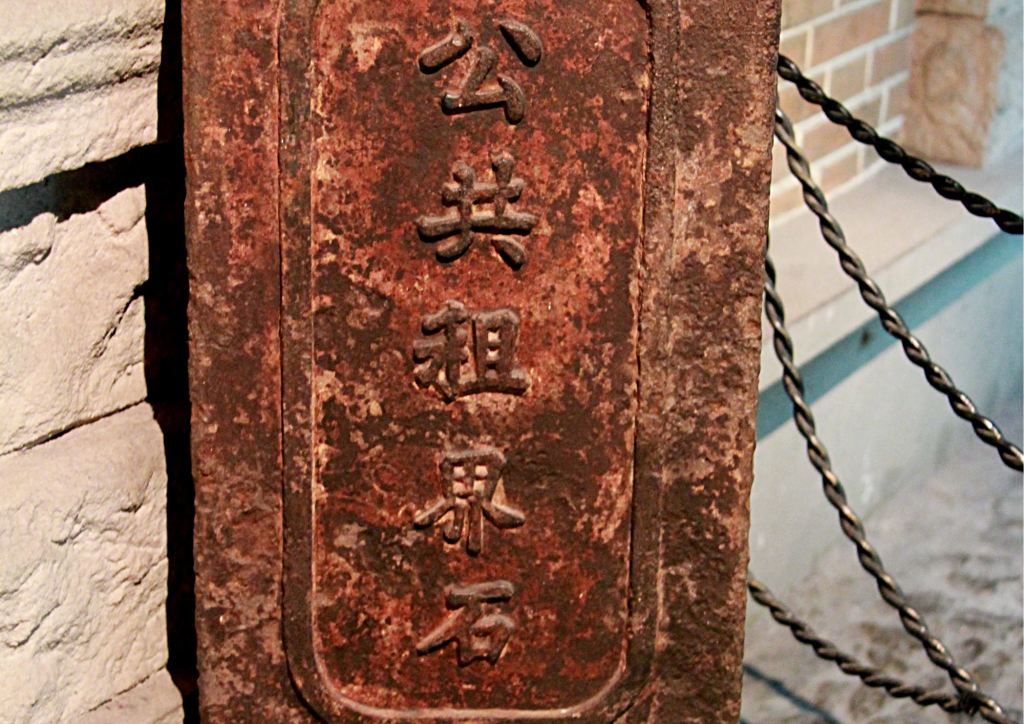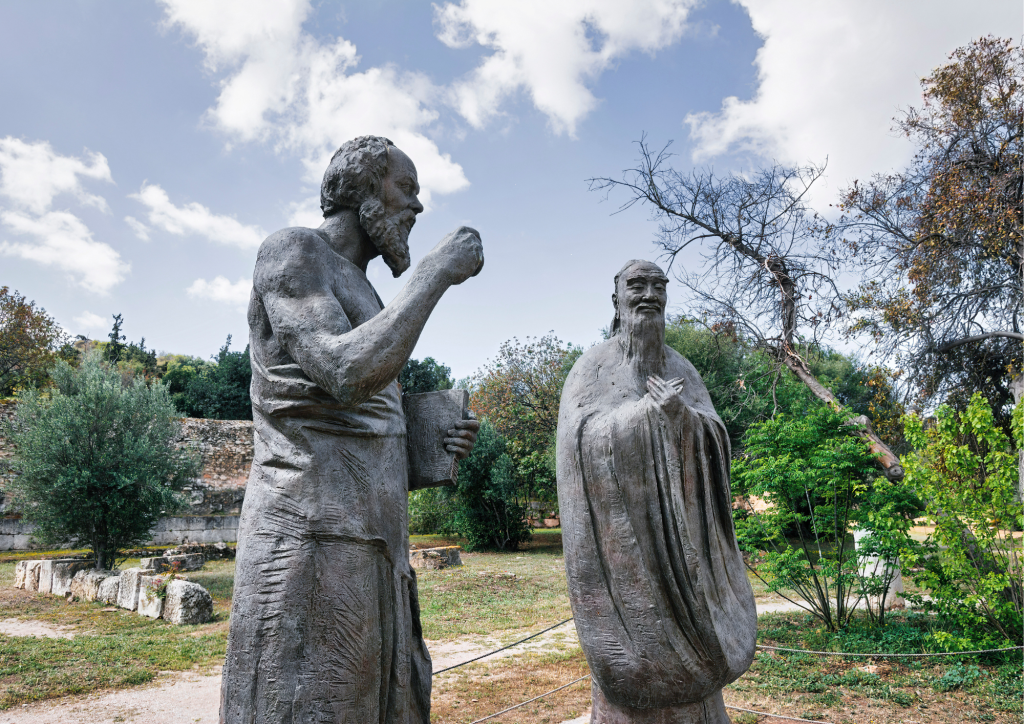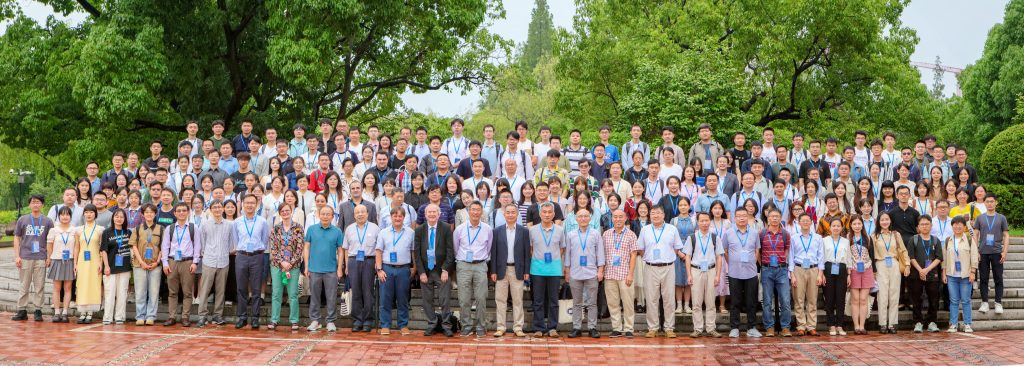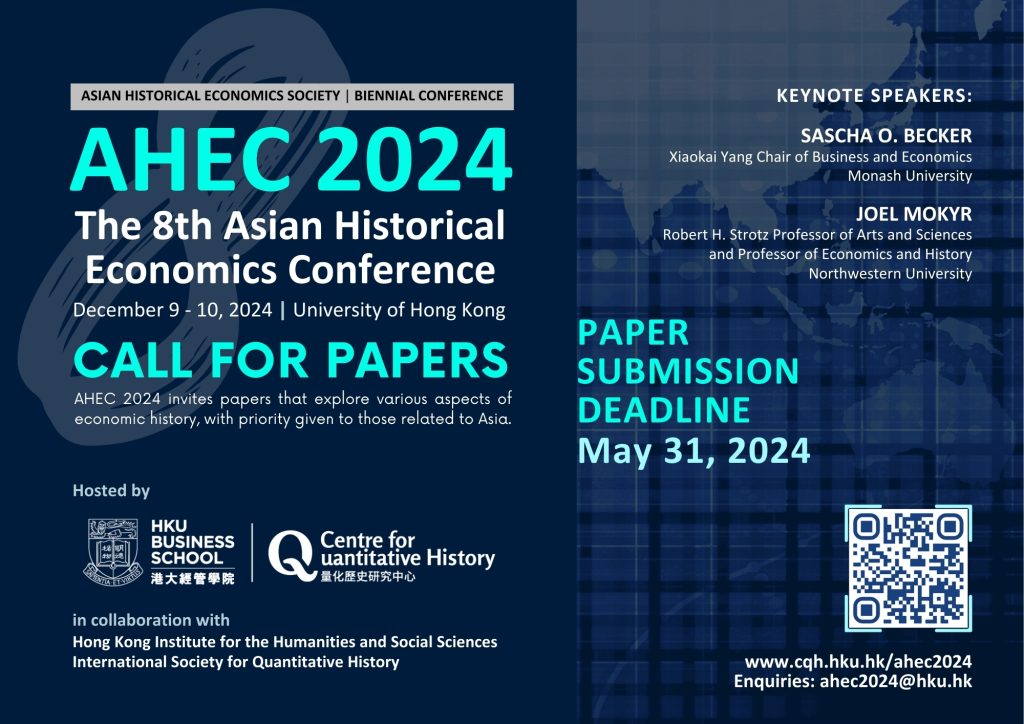
Biography
Chicheng Ma joined the University of Hong Kong in 2017. He graduated from the Social Science Division of the Hong Kong University of Science and Technology in 2011, and served successively as assistant and associate professor at the School of Economics, Shandong University.
Chicheng’s research areas are development economics, cultural economics, political economy, and economic history, specialising in the roles of culture, institutions, and human capital in shaping long-term economic and financial development. He won the Royal Economic Society Prize for the best paper published in The Economic Journal in 2020, the Research Output Prize of HKU Business School in 2021, and the Economic History Association’s Arthur H. Cole Prize for the best article in the Journal of Economic History in 2022. His works on Confucianism, pirates, Jesuits, clans, and informal finance were covered by various media such as Forbes, Financial Times, VoxChina, Broadstreet, and LSE Business Review.
Chicheng is the Principal Investigator of competitive research grants awarded by Hong Kong Research Grant Council (RGC) and National Natural Science Foundation of China (NSFC), and a Co-Principal Investigator of RGC’s Area of Excellence (AoE) project Quantitative History of China. He serves as Associate Editor of the Australian Economic History Review, Executive Committee Member of Hong Kong Economic Association, and Co-Director of the International Society for Quantitative History.
Related News
Related Publication and Projects

The primary challenge to assessing the legal origins view of comparative financial development is identifying exogenous changes in legal systems. We assemble new data on Shanghai’s British and French concessions between 1845 and 1936. Two regime changes altered British and French legal jurisdiction over their respective concessions. By examining the changing application of different legal traditions to adjacent neighborhoods within the same city and controlling for military, economic, and political characteristics, we offer new evidence consistent with the legal origins view: the financial development advantage in the British concession widened after Western legal jurisdiction intensified and narrowed after it abated.
 October 3, 2023
October 3, 2023 Journal Publications
Journal Publications
This paper examines how the worship of ancient wisdom affects economic progress in historical China, where the learned class embraced classical wisdom for millennia but encountered the shock of Western industrial influence in the mid-nineteenth century. Using the number of sage temples to measure the strength of classical worship in 269 prefectures, I find that classical worship discouraged intellectuals from appreciating modern learning and thus inhibited industrialization between 1858 and 1927. By contrast, industrialization grew faster in regions less constrained by classicism. This finding implies the importance of cultural entrepreneurship, or the lack thereof, in shaping modern economic growth.
“The humor of blaming the present, and admiring the past, is strongly rooted in human nature, and has an influence even on persons endued with the profoundest judgment and most extensive learning.”
—David Hume (1754, p. 464).
 April 5, 2024
April 5, 2024 Journal Publications
Journal Publications
Volumes of historical archives in China have been digitised, from which various datasets have been constructed for scholarly inquiry. Furthermore, the excavation of thousands of archaeological sites provided detailed data about prehistoric development across China’s landmass. As a result, there has been remarkable progress in quantitative studies on China’s past. This article reviews recent work in five theme areas to provide a background for the papers included in this special issue. These themes include state formation, Confucianism, human capital, Christian missionaries, and long-term persistence studies. The five papers in this issue fall into these themes and are introduced where appropriate.
 June 23, 2024
June 23, 2024 Books And Chapters
Books And Chapters






